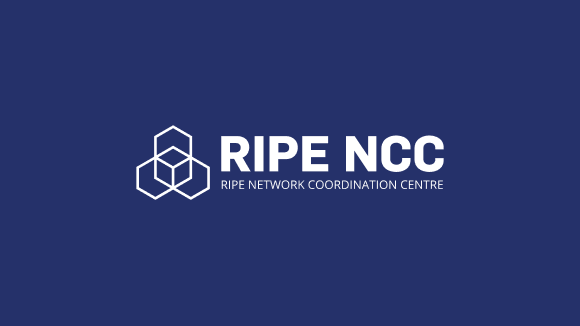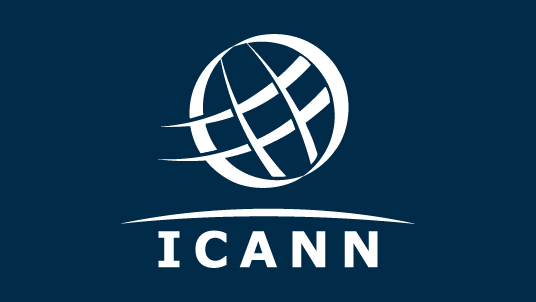The Case for RIPE PI vs. PA IPv4 Addresses
Spamhaus DROP lists play a key role in combating IP hijacking. These lists include IP addresses used for malicious activities like spreading malware, controlling botnets, or committing other cybercrimes. The service allows IPv4 address owners to report hijacked IPs, blocking bad actors from announcing them in BGP.
The Spamhaus Project offers the Don’t Route or Peer Protection List (DROP) for free to improve internet security. As part of the Spamhaus Blocklist (SBL), DROP lists protect all internet protocols, including web traffic. Designed for Tier-1 and backbone providers, these lists block malicious traffic using advanced firewalls and routing tools.
Before adding subnets to DROP lists, Spamhaus confirms control by cybercrime groups or “bulletproof” hosting providers through thorough investigations and forensic analysis. With IPv4 depletion, assignments have become more dynamic, often managed by trusted facilitators like Brander Group. Cybercriminals frequently change ASNs and corporate identities to avoid detection, making daily updates to DROP lists essential for tracking these tactics.
The Independence of PI Addresses
A significant advantage of PI addresses is that they allow end users to maintain their IP address allocations independently from their internet service providers. This independence is particularly important for organizations that frequently switch providers or require a stable IP address range that is not linked to a specific LIR’s allocation.
RIPE NCC Halts Assignment of New IPv4 PI Addresses
IPv4 PI addresses are scarce because RIPE NCC stopped assigning new ones due to address exhaustion. This scarcity raises the value of existing IPv4 PI addresses, which provide flexibility and autonomy unavailable with PA addresses. Organizations with PI addresses avoid the costs and complications of changing IPs when switching providers.
End users gain significant benefits by acquiring PI addresses without becoming an LIR. Becoming an LIR requires a €1,000 setup fee and a €1,550 annual membership fee, which may be too costly for some. PI addresses offer a stable, provider-independent IP range without the financial and administrative demands of managing an LIR.
Comparing RIPE PA and PI Addresses
Provider Aggregatable (PA) Addresses
- Allocated by Local Internet Registries (LIRs)
- Designed for efficient aggregation
- Streamline routing processes for enhanced efficiency
Provider Independent (PI) Addresses
- Assigned by regional Internet Registries (RIRs)
- Allow for independent IP address management
- Provide increased flexibility, though they are increasingly rare
In Summary: RIPE PA vs. PI Addresses
The key distinction between PA and PI addresses lies in their aggregation capabilities and independence. PI addresses, particularly within the IPv4 framework, are scarce yet highly valuable, enabling end users to retain their IP addresses independently from their service providers. This independence offers a strategic advantage as the internet landscape continues to evolve. Understanding these distinctions is critical for making informed decisions in the ever-changing tech environment.
RIPE PA and PI: Frequently Asked Questions
Discover more from IPv4 Connect
Subscribe to get the latest posts sent to your email.






